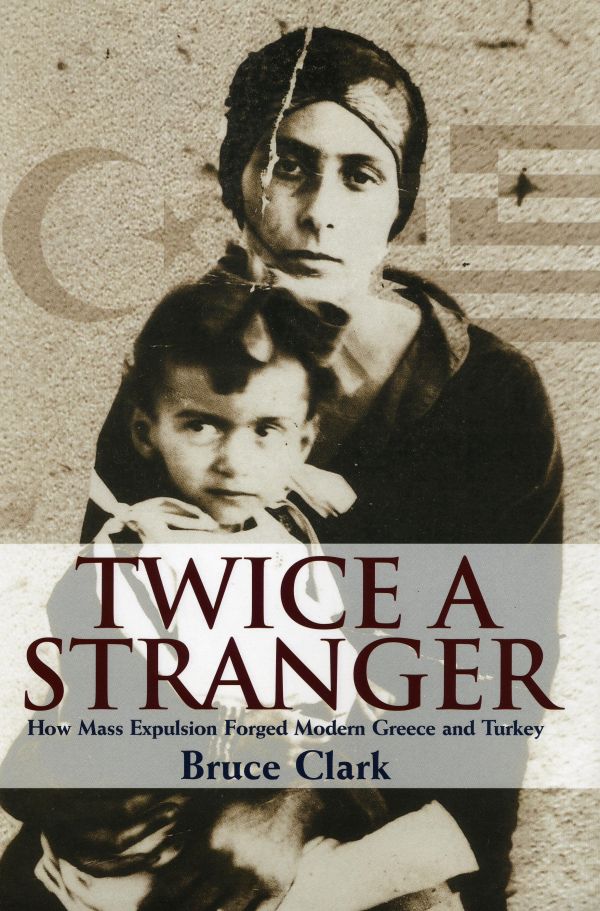Buy or gift a stand-alone digital subscription and get unlimited access to dozens of back issues for just £18.99 / $18.99 a year.
Please register at www.exacteditions.com/digital/cornucopia with your subscriber account number or contact subscriptions@cornucopia.net
Buy a digital subscription Go to the Digital Edition
How Mass Expulsion Forged Modern Greece and Turkey
Bruce Clark’s account of the Mubadele, or population exchange, between Greece and Turkey in the 1920s is a moving meditation about the ordinary folk of the two countries and the reasons why their states have institutionalised a combination of enmity and co-operation. It is enriched by interviews with elderly Pontic Greeks and Turks from Greece looking back at their childhood memories, many decades later, and remembering a vanished idyllic world.
Expulsion from one’s homeland is a horrible experience, and those who suffered it in the Mubadele often tend to blame “the politicians” for what happened to them. Clark goes along with this explanation, pointing the finger at Venizelos and Atatürk and their desire to create homogeneous nation-states.
But the story is not quite that simple. The “mono-ethnic” state was actually a Christian invention. Even before Greece became independent in 1830, it had sought and obtained the approval of the western powers to expel its Muslim population. After that, Muslims in Crete and the Balkans knew what Christian irredentism was likely to mean - death or exile for them. One of the few things the short-lived first Republic of Armenia did in 1918 was to apply to the Ottoman government about a possible population-exchange.
Unlike the Greek nationalists, the Ottomans of the Tanzimat (1839-1871) explicitly built multiculturalism into their political programme and, in my opinion, made a genuine attempt to honour their commitments. But from the mid-nineteenth century, and especially in the late 1870s and after the Balkan Wars of 1912–1913, wave after wave of refugees was driven to Turkey from the Balkans and the Caucasus. Their descendants make up at least half of modern Turkey’s population, and it is a pity that there is so little reference to any of this in Mr Clark’s lucid account.
Some people may also wonder what horrors would have happened if there had been no population-exchange.
1. STANDARD
Standard, untracked shipping is available worldwide. However, for high-value or heavy shipments outside the UK and Turkey, we strongly recommend option 2 or 3.
2. TRACKED SHIPPING
You can choose this option when ordering online.
3. EXPRESS SHIPPING
Contact subscriptions@cornucopia.net for a quote.
You can also order directly through subscriptions@cornucopia.net if you are worried about shipping times. We can issue a secure online invoice payable by debit or credit card for your order.

Cornucopia works in partnership with the digital publishing platform Exact Editions to offer individual and institutional subscribers unlimited access to a searchable archive of fascinating back issues and every newly published issue. The digital edition of Cornucopia is available cross-platform on web, iOS and Android and offers a comprehensive search function, allowing the title’s cultural content to be delved into at the touch of a button.
Digital Subscription: £18.99 / $18.99 (1 year)
Subscribe now